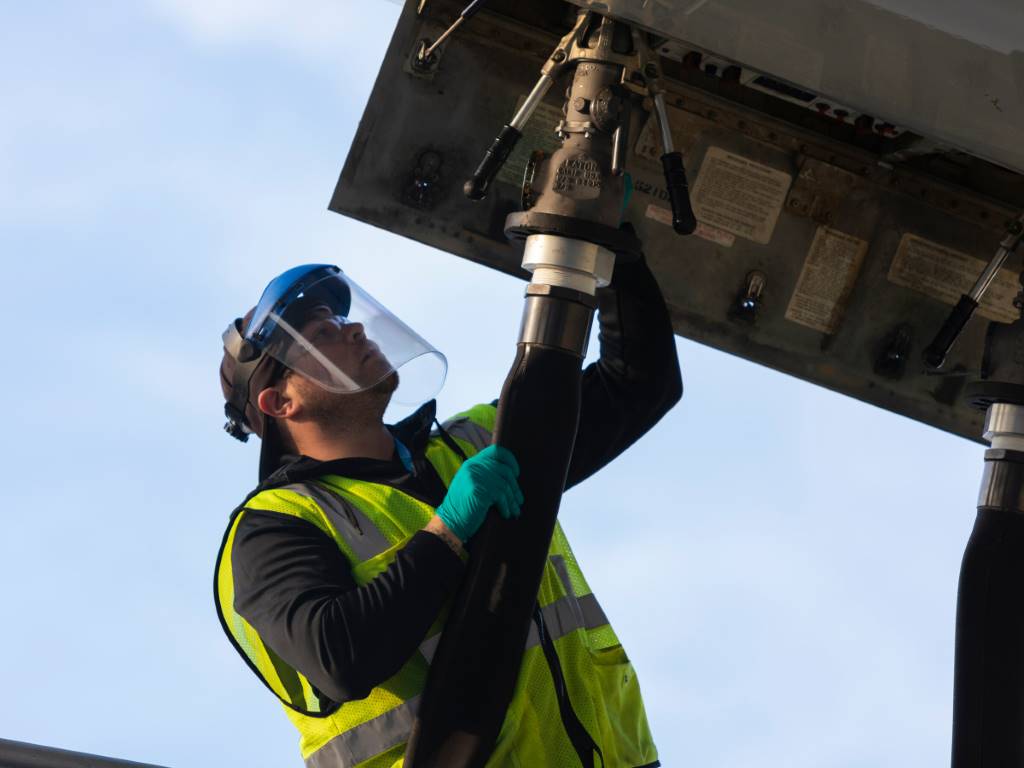BOHS warns that vaccination not enough to protect workers from Covid-19

The British Occupational Hygiene Society (BOHS), a scientific charity and the chartered society for worker health protection is emphasising to its members that widespread workforce vaccination is not yet a sufficient control to allow for the removal of other Covid measures.
The advice comes as the UK passes the halfway mark in vaccinations and all the UK’s countries relax Covid-19 restrictions. Over recent months, while lockdown restrictions have been in place, workplaces have been the frontline for the control of the spread of the pandemic.
While much has still to be learned about the disease, social distancing, testing and good ventilation remain key to preventing the spread in the workplace. Vaccination is likely to have a significant impact on workplace transmission as well.
However, the Society is warning that simply relying on vaccination, at least in coming months, would be a risky strategy for employers and may contribute to outbreaks, undermine the public health benefits of the vaccine programme, or even land the employer in hot water legally.
“The vaccination effort has been an outstanding British science success story and will save lives of workers, particularly those exposed to the general public and those with some vulnerabilities,” said BOHS president, Kelvin Williams. “However, until the virus is not as widespread in the population, vaccination alone will not be sufficient.”
The Society draws attention to research by Oxford University Significant reductions in Covid-19 infections found after single dose of Oxford-AstraZeneca and Pfizer-BioNTech vaccine | University of Oxford that highlights that asymptomatic infection is still an appreciable risk after receipt of vaccinations. There will continue to be people within workplaces who are susceptible to the virus, either because they have not yet been vaccinated or they are in the small group of people still vulnerable to infection.
“We are greatly looking forward to seeing the end of additional Covid measures, but it’s probably too early to be relaxing them, despite the general easing of restrictions in society,” commented BOHS CEO, Professor Kevin Bampton. “In social life, people can select the risks they wish to be exposed to, but in the workplace it remains the responsibility of employers to ensure those risks are managed.”
The Society points out that younger and pregnant women may be amongst the group of people who may not yet have been vaccinated and that further research needs to be undertaken into the effectiveness of the vaccine on different ethnic groups, which also have lower vaccine take-up. Over-reliance on vaccination as a control of the virus may indirectly result in discrimination against these groups.
“The BBC’s Swiss Cheese explanation of Covid risk explains the problem simply,” added Williams, referring to the Broadcaster’s interactive explanation Covid-19: Vaccines alone will not stop Covid spreading - here's why - BBC News. “We are at a crucial stage in the return to work, where public-facing jobs are ramping up and with them the risk of exposure to infection. Suppressing the risk of asymptomatic infection is not only important to protect workers themselves, but also to reduce the amount of virus in circulation and the potential breeding grounds for new variants. The vaccine promises light at the end of the tunnel, but we are not out of it yet.”













